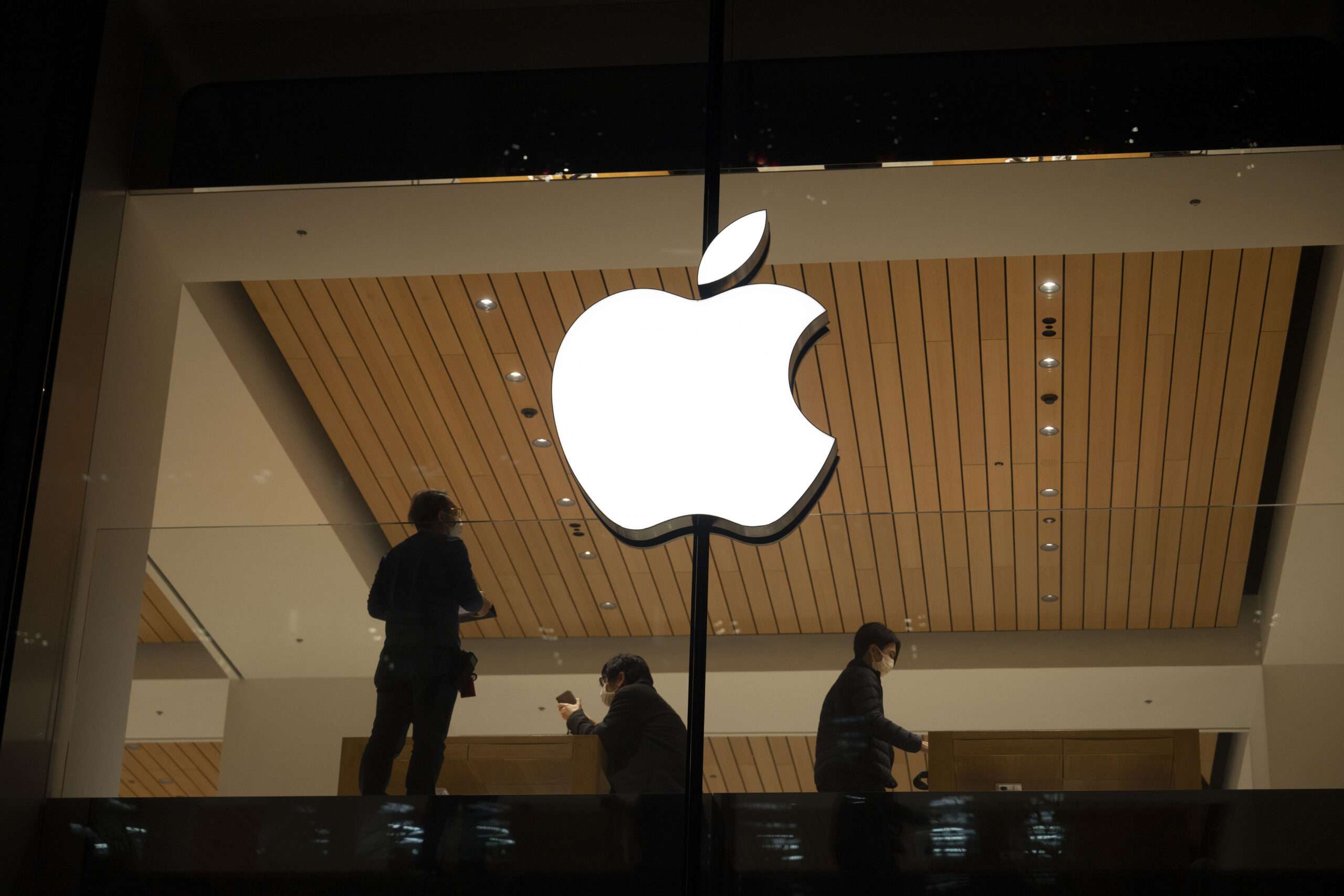On Tuesday, Bloomberg‘s Mark Gurman reported that tech giant Apple, famous for its consumer electronics like MacBooks and iPhones, had canceled its long-gestating plans to build a self-driving electric vehicle (E.V.). Gurman further reported that many of the 2,000 employees working on the car project “will be shifted to the artificial intelligence division” to “focus on generative AI projects, an increasingly key priority for the company.”
Plans for an official Apple E.V.—codenamed “Titan”—date back a decade, though an Apple board member said in 2014 that company founder Steve Jobs, inspired by what Tesla Motors was doing at the time, “was gonna design an iCar” before his death in 2011. In 2015, Business Insider reported on the existence of an Apple project that a company employee said “will change the landscape and give Tesla a run for its money.”
Interestingly, Tesla CEO Elon Musk claims he offered to sell his company to Apple in 2017 but Apple boss Tim Cook “refused to take the meeting.” At the time the automaker was struggling to deliver its long-delayed Model 3 sedan—a period Musk has referred to as “production hell.” In his 2021 book Power Play: Tesla, Elon Musk, and the Bet of the Century, Tim Higgins of The Wall Street Journal wrote that Musk and Cook actually did discuss terms of an acquisition, but talks broke down when Musk insisted on being made CEO of Apple. Both Musk and Cook deny having ever even spoken. Responding to the news that Apple planned to shutter its E.V. program, Musk tweeted emojis of a salute and a cigarette, later adding, “The natural state of a car company is dead.”
The Titan project seems to have languished in the years since: By 2016, the company appeared to pivot from building its own car to designing autonomous self-driving technology that it could license to other automakers. Then by 2020, the project had proceeded well enough that Apple reconsidered: The company planned to start production in 2024 on an E.V. with a battery that would boast lower costs and longer ranges than competitors. Between December 2022 and November 2023, the company logged more than 400,000 miles of autonomous test drives on public roads, according to Wired.
By the beginning of this year, however, the company had reached an impasse. Bloomberg‘s Gurman wrote in January that Apple was at “a make-or-break point”: The company did not expect to introduce a car until at least 2028, and the final product would have “more limited features” than the “truly driverless car” originally envisioned, but Apple still anticipated a price tag of $100,000 or more.
In canceling the E.V. project, Apple is expected to redouble its efforts into generative AI—on an earnings call in January, Cook said “we continue to spend a tremendous amount of time and effort” on artificial intelligence but gave no specifics—as well as products like the Vision Pro virtual reality headset.
While the project’s cancellation is bad news for those who support a shift to renewable energy sources, it unfortunately reflects the growing uncertainty in the E.V. market. While the U.S. sold a record number of E.V.s in 2023, the sector’s growth is more sluggish than anticipated. As CNN’s Peter Valdes-Dapena wrote this week, consumers find prices too high, and public charging stations too unreliable, to make the switch. Even legacy automakers like Ford and G.M. have softened previous pledges to switch their production from gas burners to E.V.s.
In fact, the switch from E.V. to AI is expected to be a financial boon for Apple: Bloomberg Intelligence analysts Anurag Rana and Andrew Girard noted that artificial intelligence seems like the safer bet “given the long-term profitability potential of AI revenue streams versus cars.”





